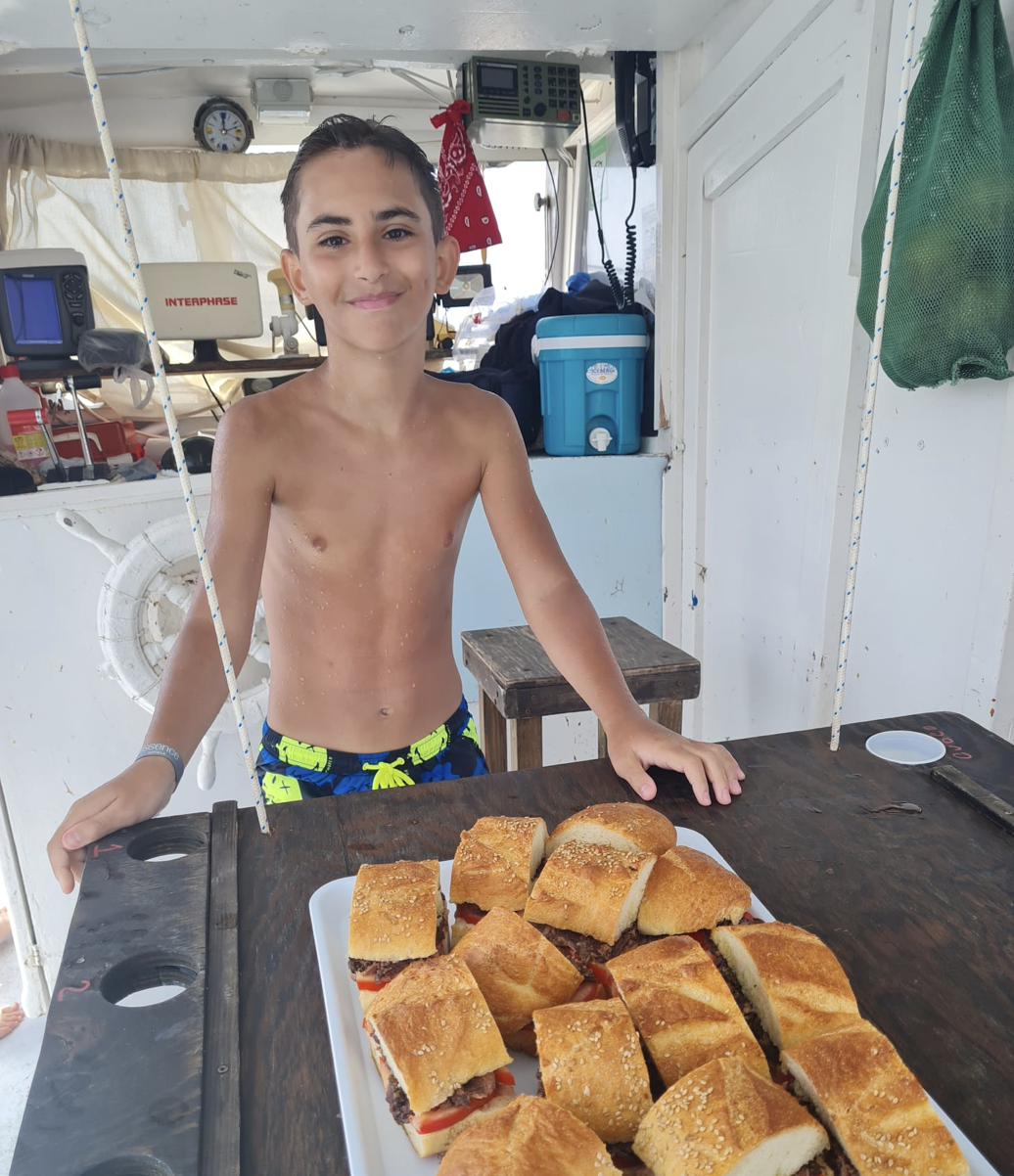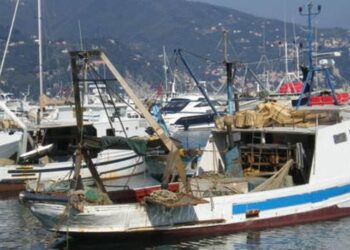How to Manage Waste onboard: Tips for Conscious Sailors
Separate Waste, Even onboard
At home, sorting waste for recycling has become a habit, though it requires some organization and space. While a boat offers limited space, separating waste onboard can still be practical. The waste volume remains the same, whether discarded in one or multiple bags, but sorting slows the filling of each bag, making waste easier to manage. Separate materials like food waste, plastics, paper, and general trash, allowing for better disposal at port facilities or storage on board for longer trips.
For example, paper and rinsed plastics can be stored without issue, even on multi-day journeys, until a suitable disposal point is reached. However, organic waste should be kept in a sealed container or cupboard to avoid odors, especially in warm weather.
Handling Food Scraps
When sailing offshore, some food scraps, such as fruit peels or fish remains, can be discarded in the sea without harming the ecosystem. However, canned goods present a different challenge. The oil from tuna cans or other preserved foods must be drained into a container for proper disposal. Just one litter of used vegetable oil can contaminate a square kilometre of water. Be cautious about biodegradable plastics as well; they only break down correctly in dedicated facilities and should never be thrown overboard.

Say No to Disposable Items
It might seem convenient to use disposable plates, cutlery, and cups to avoid washing, but this significantly increases waste. Lightweight items can easily blow away in the wind when dining outside. Opt for reusable dishes, even those made from durable plastic or bioplastic, which are much lighter and more practical than ceramic.
If Something Falls Overboard
If you accidentally drop something in the sea or spot a floating object that could pose a hazard, make an effort to retrieve it. Taking the time to perform this maneuver not only helps protect the ocean but also serves as useful practice for man-overboard drills, an essential skill for any sailor.
Managing Hazardous Waste
Specific waste types, such as those generated during fuelling, engine maintenance, or bilge cleaning, require special care. Sailors should use absorbent sponges designed for oil spills to prevent any contamination of the water. Cigarette butts should be placed in portable ashtrays to avoid them ending up in the ocean, and empty water bottles should be kept onboard until they can be refilled at water stations available in many marinas.
By following these tips, you can manage waste more effectively while sailing and contribute to a cleaner, safer environment for everyone.
How to Manage Waste onboard: Tips for Conscious Sailors







